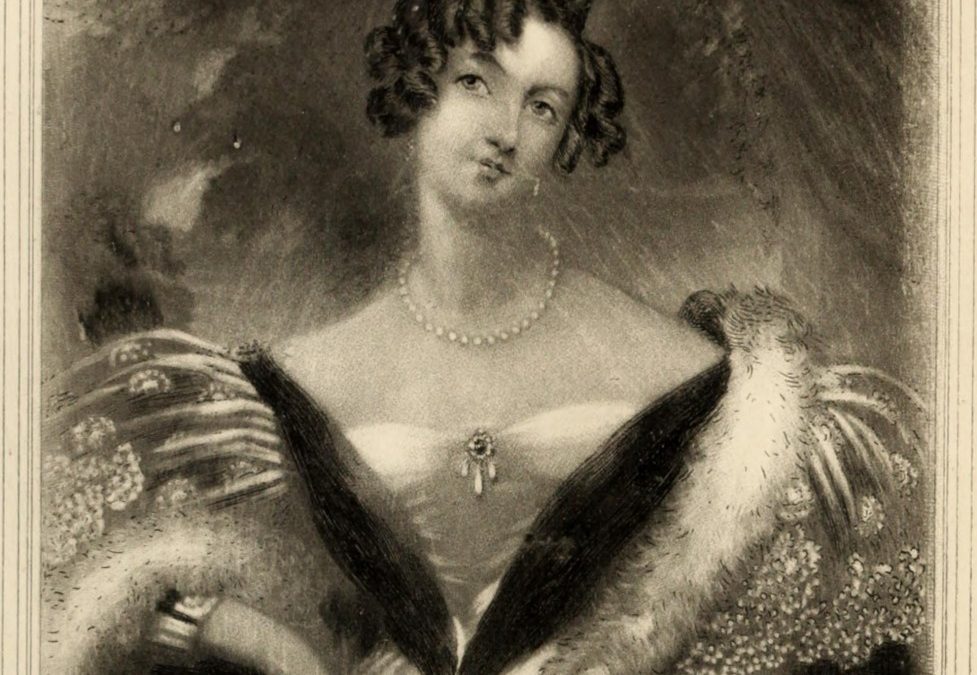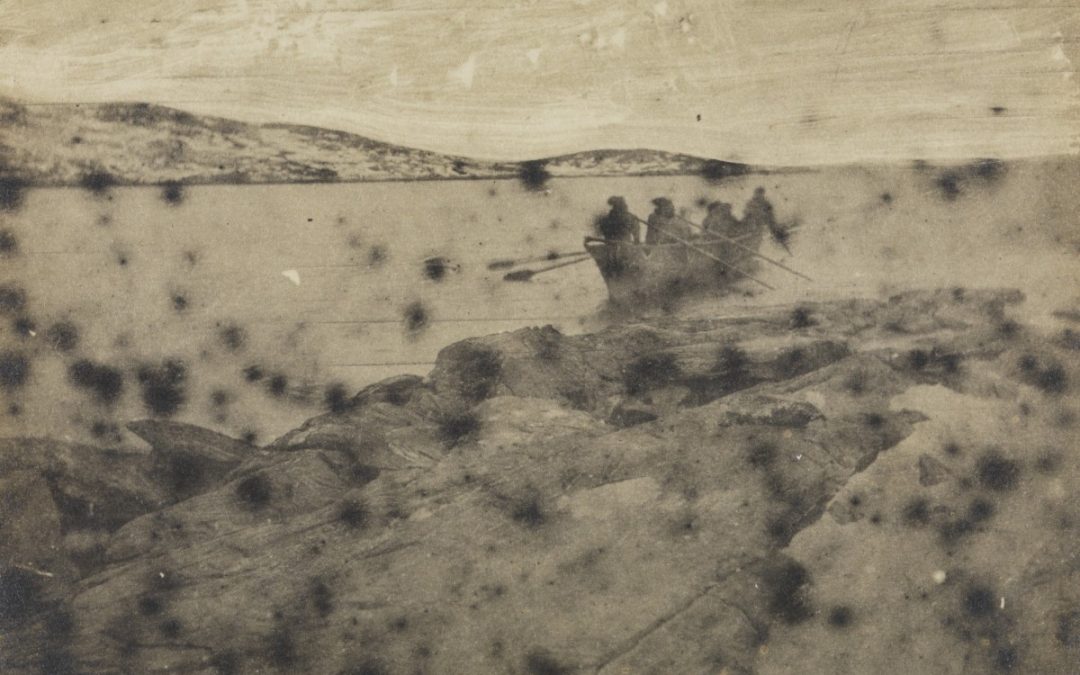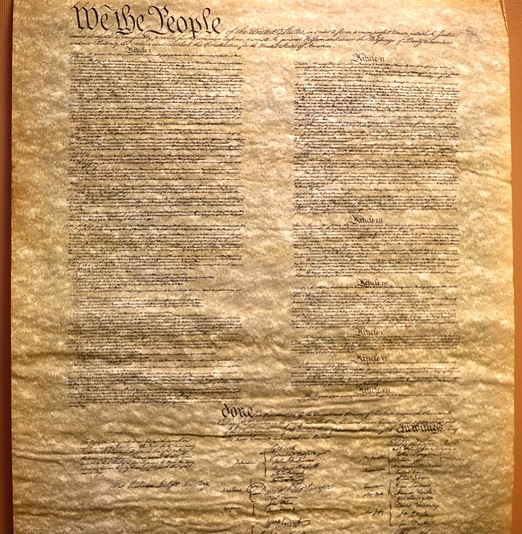
Book review: Shakespeare’s Wife
It’s not really
about Ann Hathaway…
Book review:
Shakespeare’s Wife
by Germaine Greer, HarperCollinsPublishers, New York, 2007
406 pages
This is scholarly nonfiction that is not to my taste.
I respect Greer’s effort to vivify Ann Hathaway, the wife of William Shakespeare.
I do think she went overboard a bit.
Shakespeare’s Wife is longish, considering that lots of the details of Ann’s life aren’t well documented or remain obscure.
For my taste, too much of this work is carefully contingent or unselfconsciously speculative. The specification of what we don’t really know is perhaps more interesting to a scholar embracing esoterica than it is to a lay reader like me.
Moreover, Greer’s text is chock-a-block with statements and implications that Shakespeare wrote about his wife and his private life in his plays and sonnets. Maybe he did. Maybe he didn’t.
Much of this tirelessly researched and documented book isn’t really about Ann Hathaway. Greer conspicuously offers detail about people she knew and didn’t know, in Stratford and elsewhere, and about circumstances of life, commerce and the arts in the 16th century in the middle of England.
So, here’s what I learned: Shakespeare may or may not have loved his wife.
Ditto for Ann’s relationship with Bill. I don’t need to read this book again.
p.s. the image in this post is not Shakespeare’s wife, no one knows what she looked like…
* * * * * *
Book review. Copyright © Richard Carl Subber 2017 All rights reserved.
In other words: Poems for your eyes and ears with 64 free verse and haiku poems,
and the rest of my poetry books are for sale on Amazon (paperback and Kindle)
and free in Kindle Unlimited, search Amazon for “Richard Carl Subber”
Your comments on my poems, book reviews and other posts are welcome.
Oops, Columbus didn’t “discover” America
…but he got close…
click here
* * * * * *




